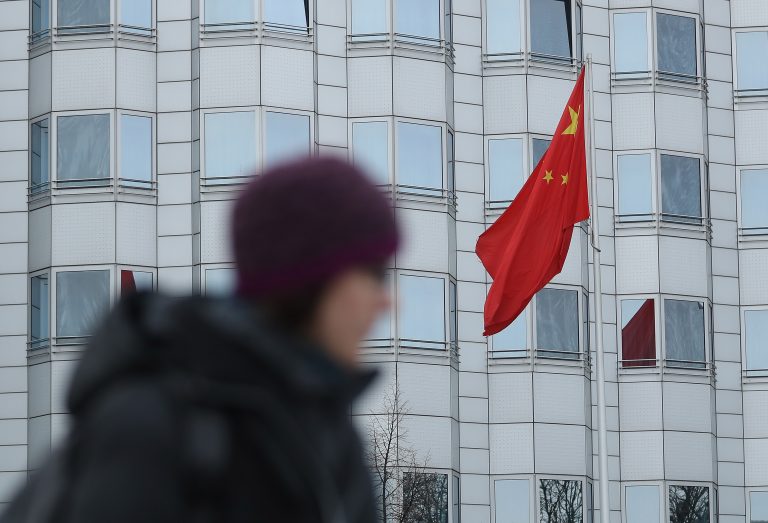In November, a federal jury convicted a Chinese spy for attempting economic espionage and theft of trade secrets. The 41-year-old spy, Yanjun Xu, was working as the Deputy Division Director of the Sixth Bureau of the Jiangsu Province Ministry of State Security (MSS).
The case against Xu reveals how the Chinese communist regime has been using espionage to steal American industrial secrets to boost its modernization efforts. Xu also became the first Chinese intelligence officer to be extradited to the United States to stand trial.
In a Nov. 5 press release issued by the U.S. Department of Justice, Alan E. Kohler Jr., Assistant Director at the FBI’s Counterintelligence Division, stated that the case was a clear example of “state-sponsored economic espionage” by the communist regime, aimed at stealing American technology and putting American citizens out of work.
“For those who doubt the real goals of the PRC, this should be a wakeup call; they are stealing American technology to benefit their economy and military. The FBI is partnering with over 50 U.S. Government agencies to share information and investigative resources to stop the PRC’s illegal activities,” Kohler Jr. said.
From Dec. 2013, Xu began his operation of targeting aviation companies in the United States and other nations. He used several aliases while contacting experts who worked for such companies. He paid them to travel to China where they were asked to give a presentation at a university. In addition to covering their travel costs, Xu also paid them handsome stipends.
Success
You are now signed up for our newsletter
Success
Check your email to complete sign up
In March 2017, Xu invited an employee at GE Aviation’s Cincinnati office in Ohio to present a report at a university. The employee traveled to China for the presentation and was paid a stipend. In Jan. 2018, Xu asked the employee to provide “system specification, design process” information. Xu was reportedly aiming to steal GE Aviation’s exclusive aircraft engine fan technology — a system that no other company in the world has been able to duplicate.
The GE Aviation employee, in cooperation with the FBI, emailed a document that was labeled as containing proprietary information. In April that year, Xu traveled to Belgium to meet the employee and was arrested.
Xu was convicted of conspiracy to commit trade secret theft and two counts of attempted theft of trade secrets, carrying a maximum sentence of a 10-year prison term for a single count and a fine of $250,000. He was also convicted on two counts of conspiring and attempting to commit economic espionage that carries a maximum statutory penalty of 15 years in prison for each count as well as a fine of up to $5 million.
Like Xu, there are several Chinese spies who try to steal American tech secrets to benefit the Chinese regime. As per calculations by the National Counterintelligence and Security Center, Beijing steals between $200 billion to $600 billion worth of economic secrets annually.
According to Matthew G. Olsen, Assistant Attorney General of the Justice Department’s National Security Division, the conviction of Xu, a “card-carrying intelligence officer,” for economic espionage highlights the fact that the theft of trade secrets is critical to Beijing’s plans for modernizing its industries.
“But this conviction also serves notice that the United States will not sit by as China, or any other nation-state, attempts to steal instead of researching and developing key technology. Instead, and with the support of our allies, we will continue to investigate, prosecute, and hold accountable those who try to take the fruits of American ingenuity illegally,” Olsen said.














